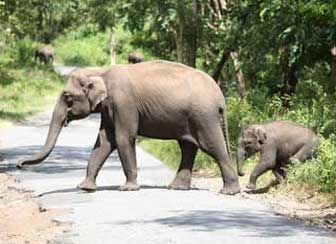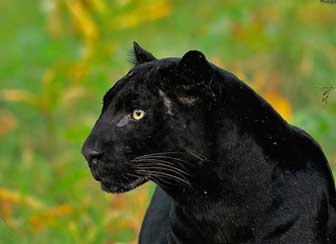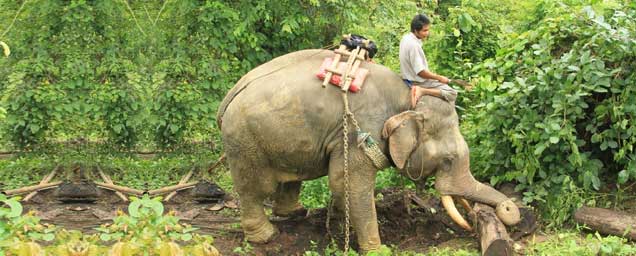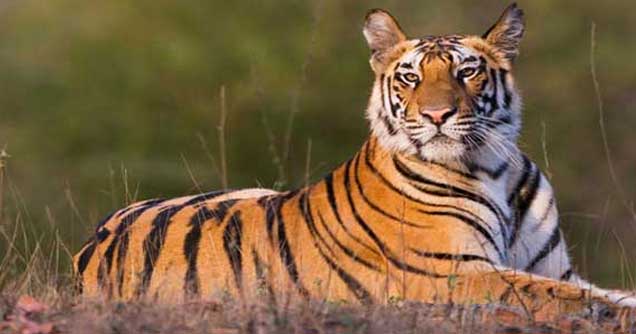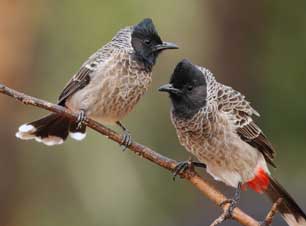About Mudumalai
Since the year 1940, a part of this area has been protected. The National Park has been part of India’s first Biosphere Reserve, i.e. Nilgiri Biosphere Reserve since 1986 which is also one of the most important parts of the Nilgiri Biosphere wildlife corridors and was declared a Tiger Reserve in the year 2007 with a buffer zone of approximately 368 sq. km. It receives an annual rainfall of about 1,430 mm. It nurtures tropical and subtropical moist broadleaf forests with 500 plant species, 266 bird species, 18 carnivorous, and 10 herbivorous species. The Park is drenched by the Moyar river and several other tributaries which nurtures nearly 38 species of fishes.
Also referred to as the Mudumalai Tiger Reserve, there are more than 110 tigers that are allowed to roam freely inside the reserve without any restriction. The Reserve houses not only Asian Elephants and Tigers but also home to countless other endangered wildlife species like Leopard, Indian Giant Squirrel, Striped Hyena, Flying Lizard, Golden Jackal, Leopard Cat, Bonnet Macaque, Jungle Cat, Great Indian Rock Python, Grey Langur, Bee Species, Beetle Species, Indian Muntjac, Dholes, and many more. Mudumalai National Park connects the Eastern and Western Ghats. The Moyar River runs through the national park, and you can expect to see a variety of fauna quenching their thirst there.The National Park is one of the few places where you can see the animals in their true habitat.

